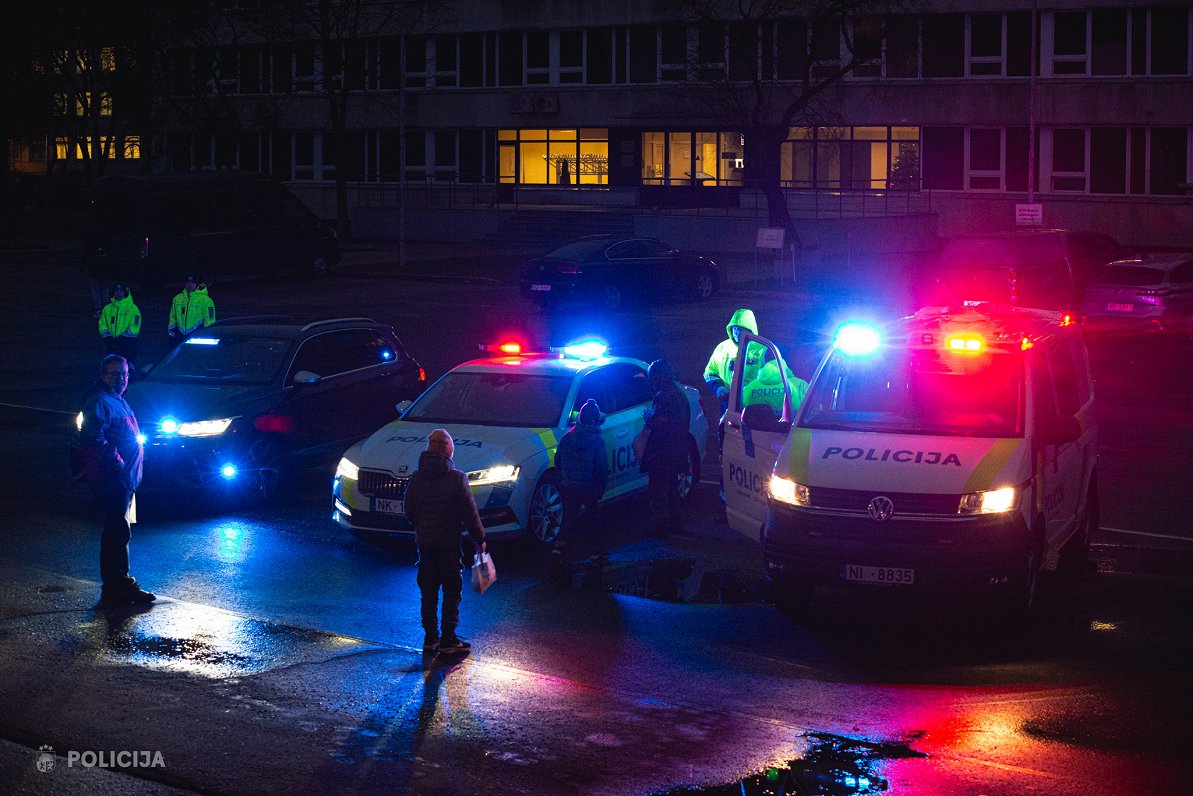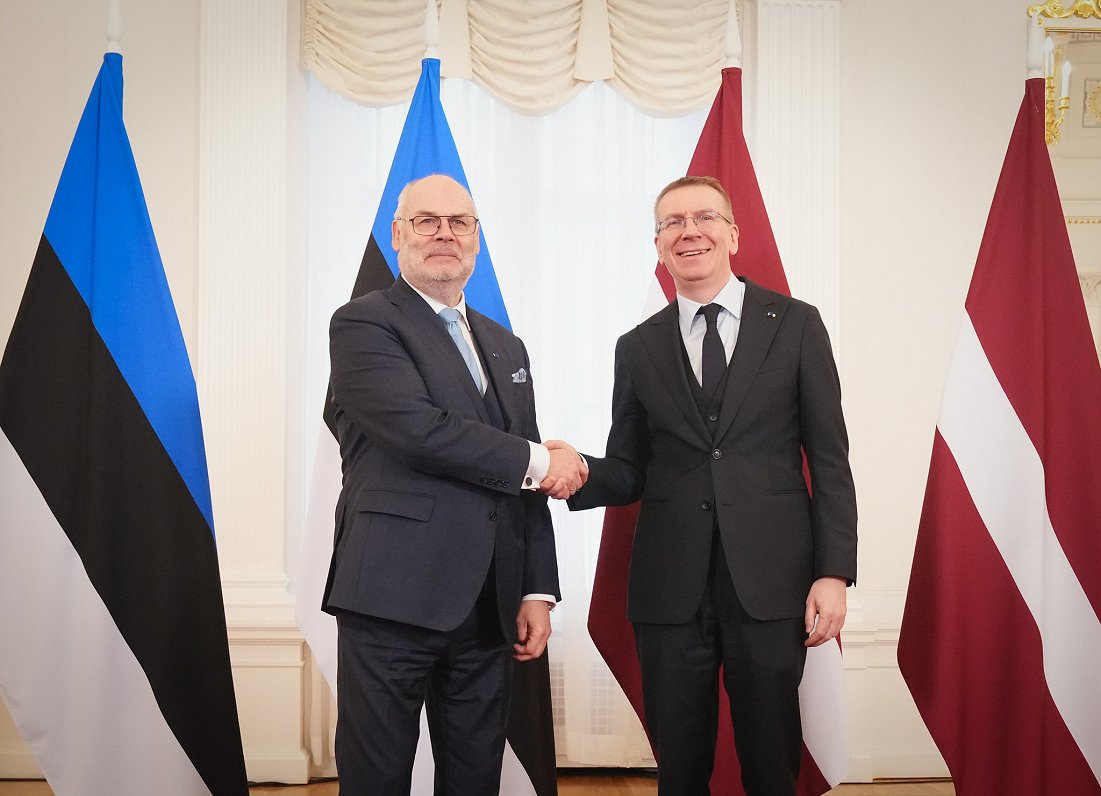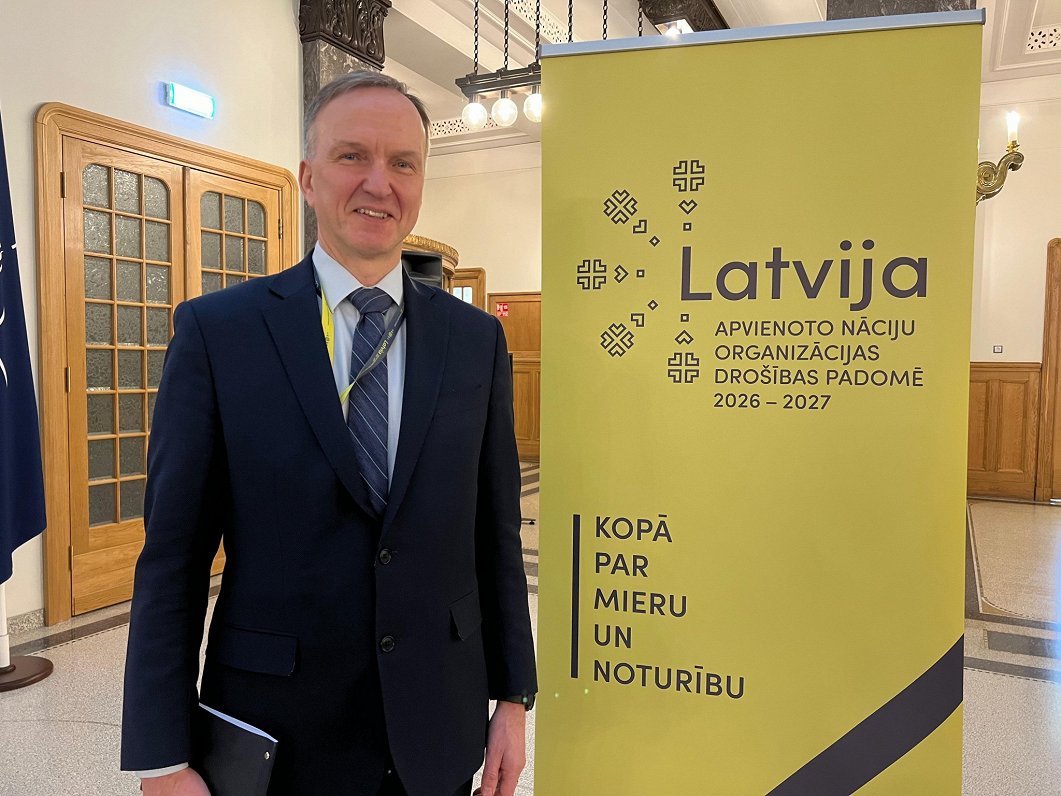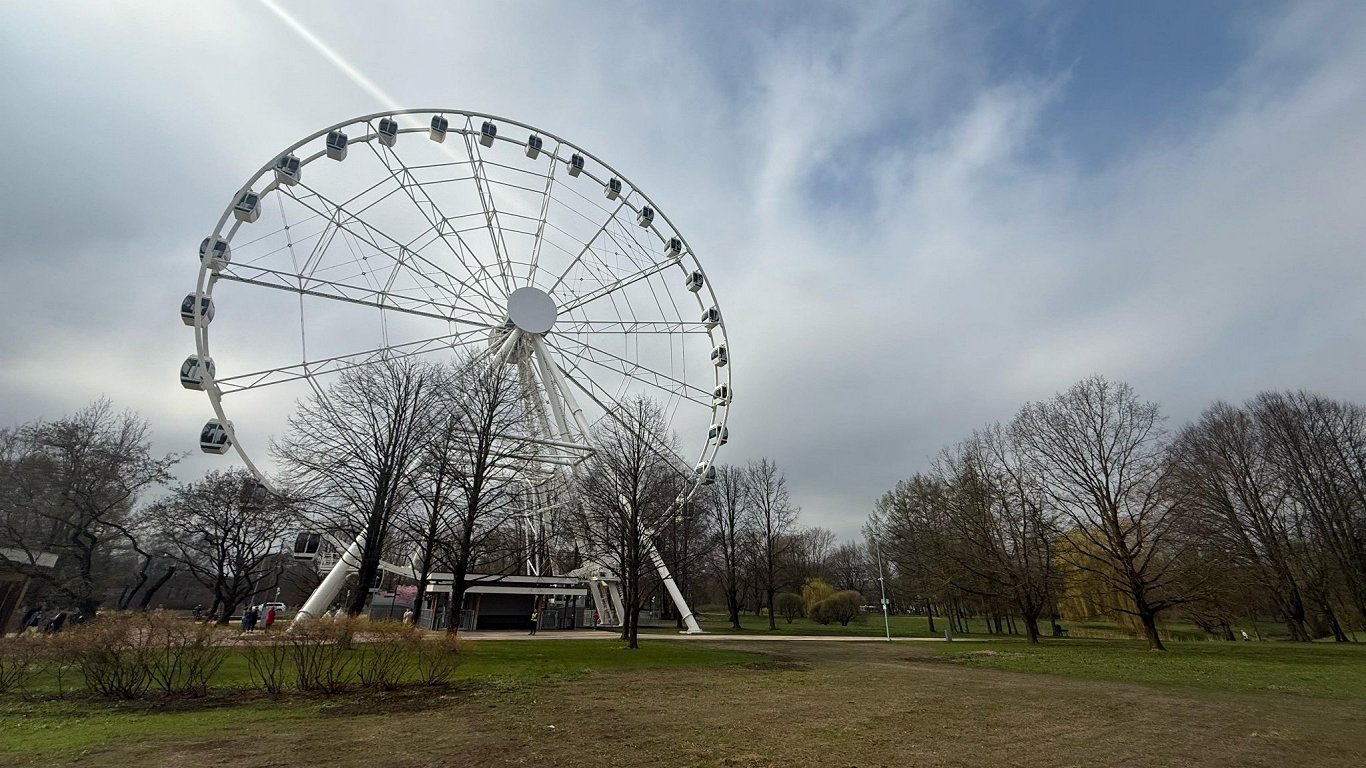So far, 9.7 million doses of vaccine against Covid-19 have been delivered to Latvia altogether, of which a third have been used. The rest has been disposed of or donated to other countries, reports Latvian Television’s “De Facto” on December 8.
At the same time, Covid continues to take lives, but risk groups, who are recommended to be vaccinated once a season, do so rarely – 5% of the target group have been vaccinated this year.
Latvia’s obligations with Pfizer BioNtech, even after last year’s changes, foresees significantly more vaccine deliveries than actually used. However, if seniors were vaccinated as actively as doctors recommend, there would not be so many vaccines left over and there could be fewer deaths.
“I don’t think there is a single person in the world who doesn’t have antibodies and who hasn’t been exposed to this virus, and that’s why we are emphasizing the issue of vaccination to at-risk groups. We don’t say, as we used to, that everybody needs to be vaccinated the sooner the better. This is no longer the case, and now it is up to those at risk to get vaccinated,” says Professor Ludmila Viksna, Chief Infectology Specialist at Riga East Clinical University Hospital (RAKUS).
But at-risk groups are in no hurry to get vaccinated. even those who have already made it to the doctor to get the flu vaccine are refusing to get the Covid vaccine. Both can be given at the same time.
Data show that five times as many people in Latvia died from Covid in 2023 than from influenza.
Data: Central Statistical Bureau, Disease Prevention and Control Center
But the vaccination rate is the opposite. 72,000 people aged 65 and over, the highest risk group, have been vaccinated against influenza so far this year, compared to less than 12,000 against Covid in the same age group, according to the National Health Service (NVD).
“Last year, 5% of seniors took advantage of this opportunity [to get vaccinated against Covid]. We can ask, is this a lot or a little, what is it compared to? Let’s compare it with the European Union average – and the European Union average was 14% of seniors last season. But we have five percent – three times less,” Jurijs Perevoščikovs, epidemiologist and director of the Infectious Diseases Risk Analysis and Prevention Department at the Disease Prevention and Control Center (SPKC), told LTV.
Among people who are not at risk, serious symptoms and deaths are almost non-existent. But among those at risk – seniors and people with chronic diseases – the toll is still devastating. Last year, it was the cause of death 375 times in Latvia. According to Perevoshchikov, 197 elderly people died of Covid in 2023, of whom only four had received the seasonal vaccine and the other 193 had not.
Latvia now has more than enough vaccines. Two years ago, when the death toll of Covid had subsided, the European Commission started negotiations with vaccine manufacturer Pfizer BioNtech to change the previously agreed single vaccine supply contract. The numbers ordered were no longer needed, but the manufacturer was also not willing to give up the quantities agreed so easily. Eventually, the European Commission and the manufacturer agreed on a change last May.
This included the possibility for each country to opt out of a certain number of vaccines by paying half the price. Latvia took advantage of the opportunity and refused 759,804 vaccines.
Last year, Latvia received 1 057 000 vaccines from a total of four manufacturers, with Pfizer Comirnaty accounting for well over half (696,000). Now, Latvia has only 279,549 vaccines of this product in stock, all of the same type. Commitments with other suppliers have ended. However, the Pfizer contract will be valid for another two years (up to and including 2026), during which time Latvia will need to buy 351,745 more vaccines (192,845 next year and 158,900 the year after).
In 2022, when negotiations to reduce the number of vaccines ordered started, Latvia had more than 400,000 vaccinations against Covid. According to the Ministry of Health, it was very difficult to predict how the situation would develop in the coming years.
Over the years, 3.8 million vaccines have been disposed of and another 2.5 million donated to other countries. Latvia has just agreed to sell 103,000 vaccines to Poland. It has refused further supplies of Pfizer vaccines and is suing the manufacturer.






